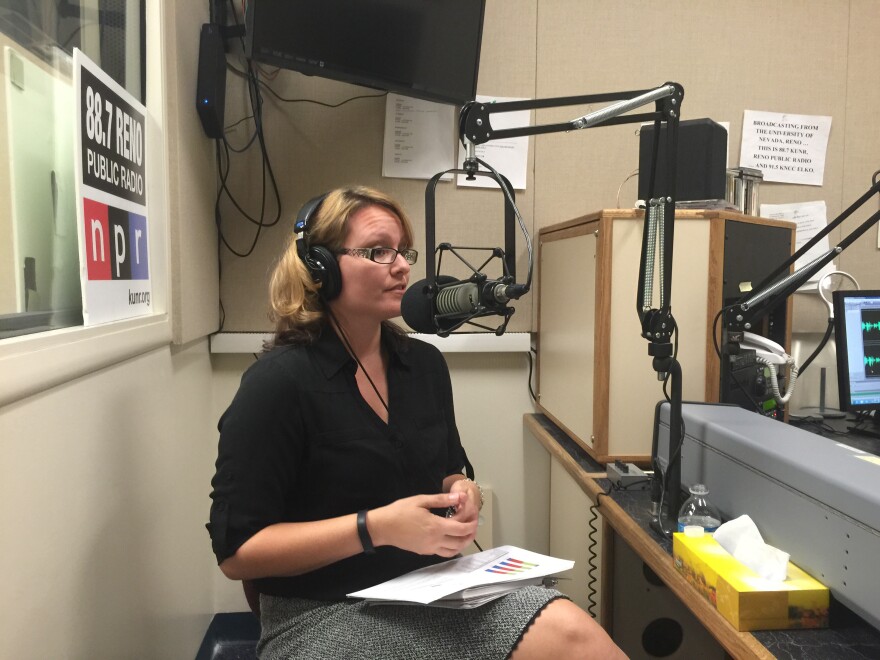Despite some improvement in recent years, children of color are overrepresented in our U.S. foster care system. That's the takeaway from a new report conducted by the National Council of Juvenile and Family Court Judges, based in Reno. Julia Ritchey of Reno Public Radio sat down with the author of this report to learn more about inequity in our child welfare system.
Dr. Alicia Summers is the program director of research with the NCJFCJ. She says this year's data showed that while the disproportionality rate for African-American children in the foster care system has declined, it's actually increased for American Indian youth.
"Overall, I would say for the last 10 years, the rates for African-American youth in foster care have been steadily declining, at a slower ate than we would like to see, but at least at a rate," says Summers. "And we see the opposite trend with our Native American or American Indian youth. What we've noticed with them is the rate has been increasing, so this year is the highest it's been."
In Nevada, Summers says, African-American children are still the most overrepresented racial demographic.
"About 9 percent of the (state's) population is African-American, but about 23 percent of kids in our foster care are African-American," she says.
There are competing theories as to why systemic disproportionality exists, but Summers says the most important aspect is to start a dialogue among stakeholders in the child welfare system, including judges, attorneys and social workers.
"Ultimately, we want to make sure our system — that all kids who touch the system — have access to fair, equal and timely justice," she says. "We really want to make sure kids are not overrepresented in foster care when they shouldn't be."
To read and download the NCJFCJ's full report on disproportionality rates, click here.




